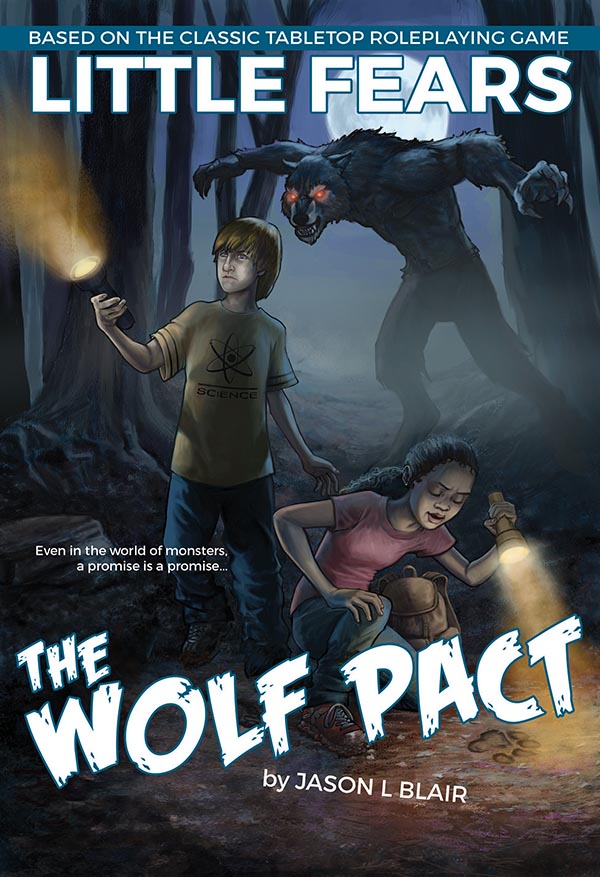One thousand words. It’s not a lot. But neither is a single grain of sand.
Earlier this year, I hit a hard realization: Writing wasn’t working for me anymore. I was writing in spurts. Some days I’d hit 3000 words but most days I wasn’t writing anything. Operation: Awesome was stalling, and I needed to jumpstart the engine if it was going to survive.
Part of Operation: Awesome was collecting the tools I should’ve gathered a decade ago: the study, the concept of form and genre (Step One), the dedication to a path (Step Two), and reading regularly (Step Three). I was doing well at those. I obsessed over structure and story, knew the type of career I want to have, and have been reading stacks of books in my audience and genre. Operation: Awesome had fixed a lot of my flaws as a writer, or helped me work on fixing them anyway, but I was struggling with one very important thing. I lacked the discipline to write (Step Four) and with every day I became less motivated to work on that discipline.
I don’t have a lot of time to dedicate to writing. Most of my time is spent raising my kids (and my dogs and cat and, well, the chinchilla pretty much takes care of himself). My wife and I don’t have the cash to put my son into daycare so, even though my daughter is at school, my attention is elsewhere throughout the day. When my wife gets home, I want to spend time with her and the kids. By the time bedtime rolls around, I’m out of juice. Sometimes she doesn’t get home until after 8 o’clock at night which leaves me even more exhausted (and is she too). After 13+ hours of always-on fathering, I just don’t have the word count in me. I sit and read or catch up on television or play games. Or, maybe, on rare occasion, hang out with friends.
In recent months, that routine had worn me to a nub. I was stressed to my limit, and I started to resent writing. I felt too much pressure to cram all my week’s writing into two days. Any other time I wasn’t writing, when I was spending time with family or catching up on books/games/shows, I felt like I was wasting time I should be writing. I was stymied.
My work and my life were too muddled and I wasn’t dedicating the time and attention I should to either. I had hit a wall, and I had to make a choice: Write or find something else to do.
In order to make sense of this, I did what my pretentious teenaged self should have done, I turned to the professionals for advice. I read somewhere that Cory Doctorow (of BoingBoing and Little Brother fame) has (or maybe had) a writing goal of 250 words a day. Stephen King, one of the most popular American novelists of all time, writes 2000 words a day.
That blew my mind. These guys weren’t nose-first in their work from dawn to dusk as I imagined. A lot of aspiring authors I know huddle in front of their screens day-in and day-out and, hey, if I could, I would probably do the exact same thing. But I can’t. I have other, bigger responsibilities, but I knew I could find a sweet spot between Doctorow and King, something that worked for me.
I looked at my schedule and contracts and realized to hit my deliverables, I only needed to write 1000 words a day. That’s it. About an hour’s worth of work. While I can’t park my son in front of the television for six hours every day, I can set him in front of Sesame Street or a couple episodes of Dora (or, his favorite, Dino Dan) and crank out 1000 words.
I decided that was my plan. I would write 1000 words a day, every day. But, I added some rules to make that more meaningful:
A Thousand Words of Fiction or Other Paid Work. Not blog posts, Twitter, emails, LittleFears.com updates, or even the work I do for AdventureGamers.com. The thousand words had to be on projects I was selling (or hoping to sell) or paid gigs. All that other stuff had to be done outside the goal, at night or during the extra work hours my wife’s days off allowed me.
No Making Up Missed Days. I couldn’t push one day’s work onto another. Meaning: I couldn’t skip Tuesday but promise myself I’d write 2000 Wednesday. If I didn’t hit my goal on a day, I had to accept that as failure even if I did write 2000 words the next day. (I take this from something attributed to Jerry Seinfeld: When you hit your day’s writing goal, mark it on a calendar. As the chain of marked days grows, you become more motivated not to break the chain.)
I Couldn’t Write Ahead. Same idea as above. I couldn’t buy a half-day Tuesday by writing 1500 words on Monday. Each day’s goal was separate.
I Could Go Over. If I felt inspired, I could do 1500 or 2000 or more. But I didn’t have to. 1000 was the goal.
That was a couple months ago. Overall, I’ve done well. I’ve missed days but not enough to beat myself up. On the positive side, I’ve noticed some big changes beyond the increase in productivity:
I’m Happier. Writing is working for me again. I get my 1000 done and the writing stress is gone. I’m not up late berating myself for watching Supernatural or playing games instead of writing.
I Have Gained Control of My Schedule. Since I know my output, I can better gauge my workload. This means I know at a glance if I can take on other work or if I have to turn something down. This is new to me (and is a big reason I was not good at freelancing for so long). But now I know my schedule and I don’t overload it.
I Jump Into Writing More Easily. Another great piece of writing advice, attributed to multiple sources, is to stop writing in mid-idea so you know where to pick up the next day. Writing only 1000 words puts me mid-idea almost every time so I come back to a project knowing where to start. The words flow from there.
I Have More Writing Energy. Because I’m not squeezing 5000 words out of my day’s imagination reservoir, I come into the daily goal refreshed, with a full day’s creative rest between rather small bursts of output.
So, after a long time struggling with my goals as a writer, I have found a system that is working for me. I’ve already handed in a bunch of contract work and am almost done with a new book for Little Fears Nightmare Edition.
A side effect of the new plan saw my last bit of contract work line up with May 31st, meaning I was free to start new projects on June 1st. After some noodling, I put down designs for the Big Summer Project, which I’ve codenamed Operation: Last Chance. This is something that terrifies and excites me in almost equal measure. See, there’s more to this new phase than I have said, more at stake than simply hitting a daily goal, but I can’t talk about it just now. I’ll leave the details of that for another time.




Came on to this post from a friend (Eddy Webb), and just wanted to say that I love it when someone finds their stride.
Well done, and kudos to you for having the courage to break all your old non-productive routines in favour of something new, and possibly scary. I’m glad that it really paid off for you in the end.
Hugh Montgomerie
Hugh,
Thank you for the kind words! After a decade of being a writer, it was high time I acted like one. So far, so good!
Guess what my daily goal is when I’m working on a project with a definitive due date?
I’m hoping not 5000. 😉